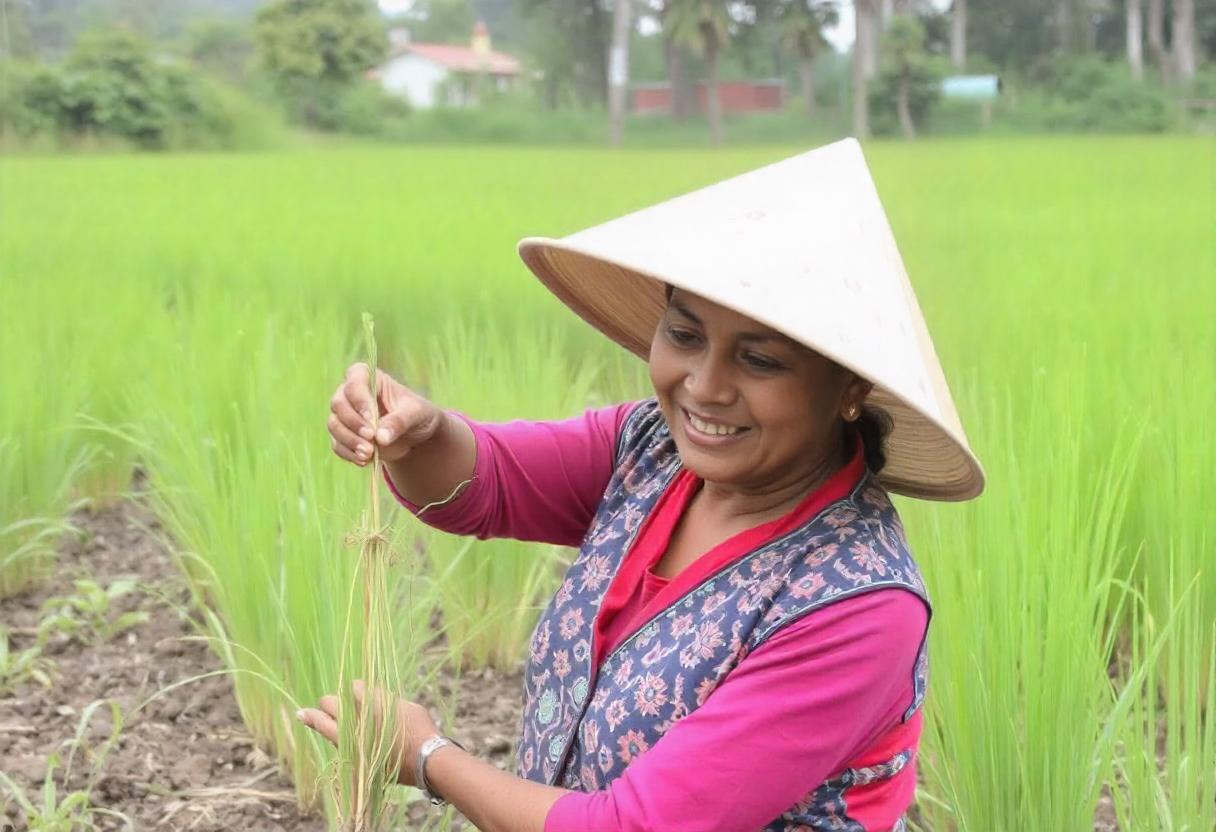
Traditional knowledge refers to the wisdom, practices, and skills developed over generations, often by indigenous and local communities. This knowledge has been shaped by years of observation, experimentation, and adaptation to the natural environment. While modern farming relies heavily on technology and scientific advancements, traditional knowledge continues to play a crucial role in sustainable agricultural practices.
Seed Selection and Preservation
One of the key contributions of traditional knowledge in farming is in seed selection and preservation. Farmers have developed methods to identify, preserve, and store seeds that are best suited to local climates and soil conditions. These practices ensure genetic diversity and resilience, protecting crops from disease and harsh environmental conditions.
Organic Pest Control and Fertilization
Traditional farming systems have long used organic methods for pest control and fertilization. Techniques such as crop rotation, intercropping, and the use of natural pesticides like neem and garlic extracts help maintain soil fertility and control pests without the need for chemical inputs. These methods reduce the environmental impact of farming and contribute to long-term soil health.
Water Management Practices
Water is a critical resource in farming, and traditional knowledge offers valuable insights into water conservation and management. Ancient techniques such as rainwater harvesting, terracing, and the use of small-scale irrigation systems help farmers make efficient use of available water, particularly in arid regions. These practices are highly relevant in today’s world, where water scarcity is an increasing concern.
Agroforestry and Biodiversity
Agroforestry, a practice that integrates trees and shrubs into farming landscapes, is rooted in traditional farming systems. This method promotes biodiversity, improves soil health, and provides multiple benefits such as timber, fruit, and fodder. It also contributes to carbon sequestration, making it an important tool in the fight against climate change.
Indigenous Climate Adaptation Strategies
Traditional knowledge is often closely tied to understanding local weather patterns and environmental changes. Indigenous farmers have developed sophisticated climate adaptation strategies, such as shifting planting seasons or changing crop varieties in response to environmental conditions. These strategies are becoming increasingly valuable in modern farming as farmers face the challenges of climate change.
Soil Conservation Techniques
Erosion control and soil conservation have been practiced by traditional farmers for centuries. Techniques like mulching, contour farming, and the use of cover crops help prevent soil degradation and maintain soil fertility. These methods align with modern approaches to sustainable agriculture and are essential for preserving the productivity of the land.
Cultural and Social Values in Farming
Traditional knowledge is not just about practical techniques; it also encompasses the cultural and social values associated with farming. Many traditional farming systems emphasize community cooperation, respect for the land, and long-term sustainability. These values can enrich modern farming practices by promoting more holistic and ethical approaches to food production.